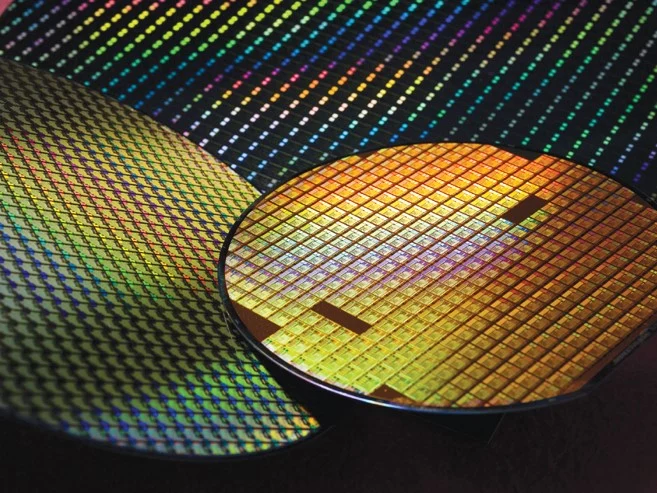Taiwan’s Ministry of Economic Affairs has removed the restrictions that previously prevented TSMC from producing 2-nanometer chips in its overseas factories. This change is a significant shift from past rules that required foreign production to lag at least two generations behind domestic advancements.
“Those were outdated regulations. The world has evolved,” remarked Minister of Economic Affairs J.W. Kuo during a press conference. “Private companies ought to make their own strategic decisions based on their technological advancements.”
TSMC’s Expansion Plans
This decision aligns with TSMC’s growth in Arizona, where total investments might exceed $65 billion. The company’s second fabrication plant is expected to begin producing 2nm and 3nm chips by 2028, after the first plant starts 4nm chip production in early 2025.
Additionally, TSMC’s third facility in Arizona, which is set to be finished by the end of the decade, aims to focus on 2nm or more advanced technologies. Despite these new regulations, Minister Kuo noted that TSMC will be careful about investing the substantial $28 to $30 billion needed to establish a 2nm factory.
Strengthening Global Partnerships
This policy adjustment is part of Taiwan’s broader initiative to strengthen the global chip supply chain. In the coming year, the Ministry of Economic Affairs will concentrate on forming alliances with countries such as the United States, Germany, Japan, and the Philippines. They are also planning to establish an office in Fukuoka, Japan, to assist semiconductor-related businesses near TSMC’s forthcoming Kumamoto site.
This change occurs as Taiwan updates its “Silicon Shield” strategy, which previously restricted the country’s advanced chip production to maintain a technological lead. The government recognizes the evolving semiconductor landscape, particularly with 60 percent of the world’s chip design companies being located in the U.S.
Source:
Link

